Learning Services
Stillwater Christian is committed to meeting the needs of all our students. Our K-12 Learning Services Program is for students who have been identified as struggling academically or who have the potential to struggle in the future. Our different compensatory support and direct intervention programs provide tools for students based on their needs. The goal is for students to develop into competent and confident, independent life-long learners. The Learning Services Program serves students in Title I, SEARCH & TEACH, Learning Services, and NILD Educational Therapy.
Title I
Title I is a federally funded program that provides academic support for K-12 students who are below grade level in Reading and Math and qualify for Title I support. Title I support may occur in the classroom or in small group pull out sessions. Stillwater uses standardized testing data and teacher recommendation to identify students who meet the established criteria for academic support.
SEARCH and TEACH
SEARCH and TEACH is an early identification and intervention program that targets foundational skills necessary for reading. All kindergarten and new first grade students are scanned to identify underdeveloped perceptual skills. Students identified as benefitting from the TEACH program meet with a specially trained SEARCH and TEACH instructor for 30 minutes 2-3 times per week. The goal of SEARCH and TEACH is to meet the educational needs of young learners before they experience learning failure. The SEARCH and TEACH program is recognized by the National Institute of Learning Development (NILD).
SEARCH, a 20-minute individual test designed to identify 5 and 6-year-olds vulnerable to learning difficulty, provides profiles of individual strengths and weaknesses in the foundational skills necessary for reading success. TEACH, a program of 55 learning tasks, was carefully developed and tested during a four-year investigation of pre-reading skills to address the needs revealed by SEARCH. It is an individualized program, but does allow for some small group work of review activities with children of similar needs.
Learning Services
Learning Services exists to support students who have been identified, through formal testing, as having mild to moderate learning differences or who have a formal diagnosis. Students in Learning Services have a Student Learning Profile outlining individual strengths and weaknesses, learning goals, and classroom accommodations. There are two categories of students within Learning Services:
- Students who have been formally tested and/or have a diagnosis who are enrolled in educational therapy.
- Students who have been formally tested and/or have a diagnosis who do not require educational therapy as a direct intervention.
Placement in Learning Services is reviewed yearly to reevaluate the Student Learning Profile, set learning goals, and determine appropriate classroom accommodations.
NILD Educational Therapy
Stillwater is affiliated with the National Institute of Learning Development (NILD). NILD educational therapy is language-based cognitive therapy. NILD educational therapy uses research-based techniques to strengthen areas of deficiency identified through academic and cognitive testing. Educational therapy provides dynamic intervention, meaning it is individualized. This direct intervention is explicit and intensive. Educational therapy is not tutoring or remediation. These compensatory approaches focus on what to learn. Educational therapy focuses on teaching individuals how to learn by targeting cognitive and perceptual deficits that are impacting academic achievement and performance. Students in educational therapy meet with an NILD trained educational therapist multiple times per week. Placement in educational therapy is a long-term commitment on behalf of the school, student, and the family.
“It’s been inspirational to see how Stillwater has embraced both of my girls with their different learning styles and different aptitudes in the classroom - all in a very unique way that’s been so beneficial for each of them to thrive and grow.”


